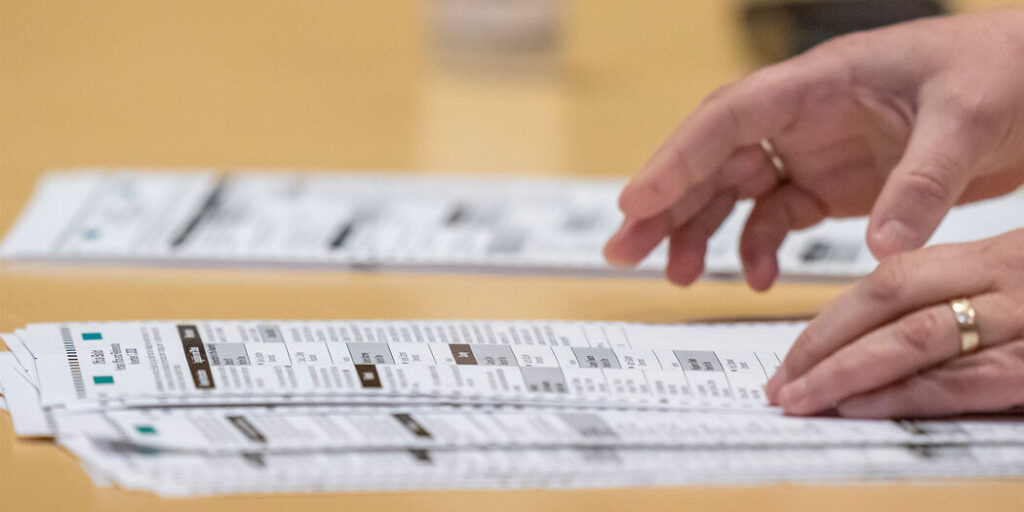Understanding the Election Certification Process in the U.S.
As voting proceeds in the presidential election, it’s crucial for voters to understand the concept of election certification, a formal procedure that concludes the vote-counting phase.
Post-Election Day, local election officials initiate a process known as the canvass. This involves a series of verifications to ensure all votes are counted, discrepancies in vote totals are resolved, and results are accurate. Upon completing the canvass, officials must certify the process by a state-mandated deadline. The certified results are then submitted to state authorities, who perform their own canvass and certify statewide election results.
Certification serves as a confirmation that all necessary post-election procedures have been executed. State laws nationwide require certification as an obligatory task. Officials tasked with certifying elections have no power to audit the results or address legal concerns. Those issues are designated to separate procedures like election contests and judicial proceedings.
Over a century of established state court precedents affirm the compulsory nature of certification. However, following the 2020 election, over 30 local officials in charge of certification have either refused or threatened to refuse this duty, basing their actions on unfounded allegations of a rigged election and widespread fraud.
These efforts have been unsuccessful due to various legal mechanisms available to courts and state officials to enforce certification. While states have different safeguards, they all ensure certification is completed on schedule for the presidential election.
To assist with understanding this process, key deadlines and procedures for certifying the presidential election have been outlined for seven key battleground states: Arizona, Georgia, Michigan, Nevada, North Carolina, Pennsylvania, and Wisconsin. For more comprehensive information, refer to the state certification guides created by All Voting is Local, the Brennan Center, Campaign Legal Center, and Protect Democracy.
For further insights, explore the entire Explainers collection.





